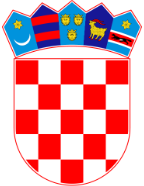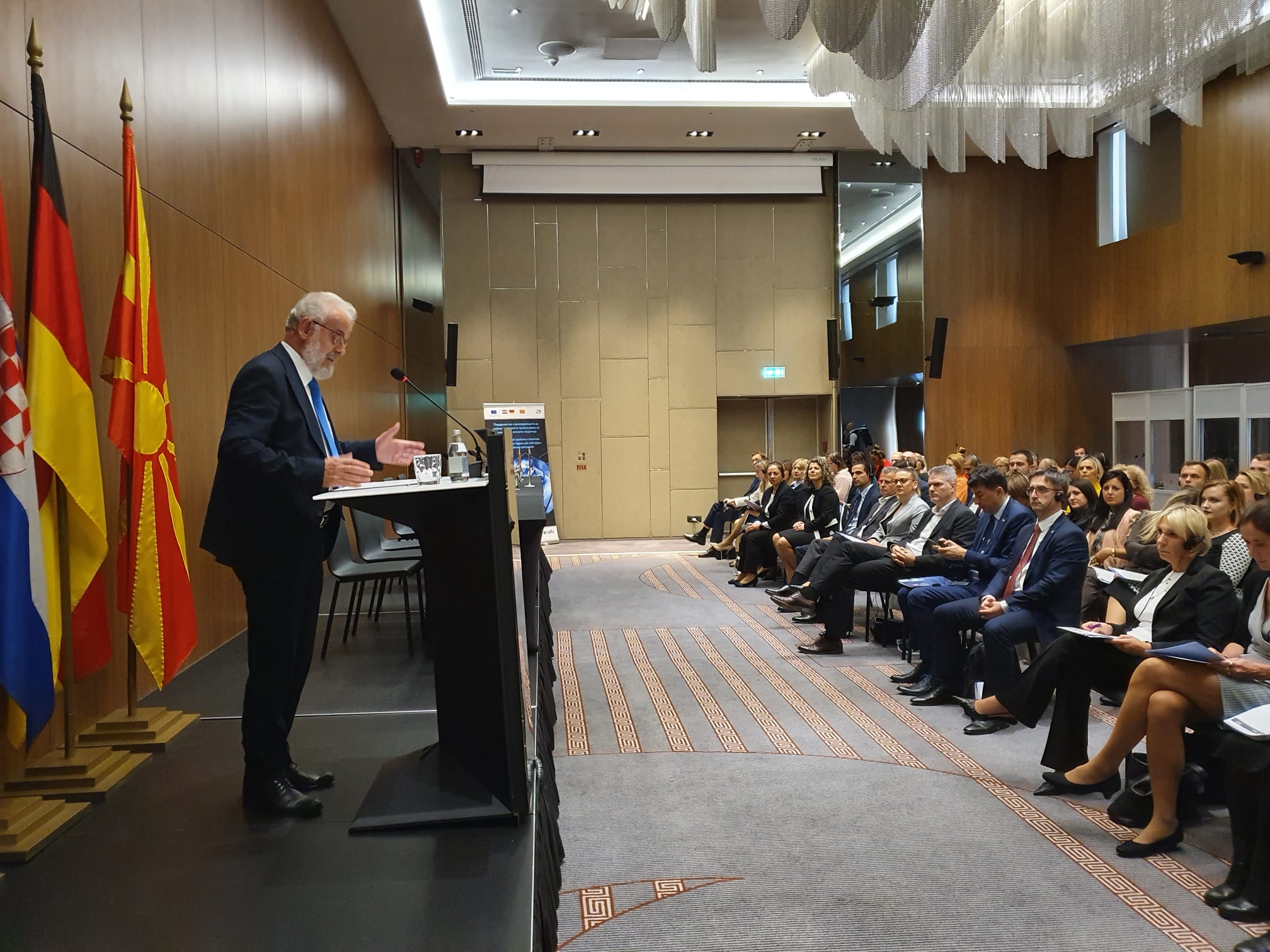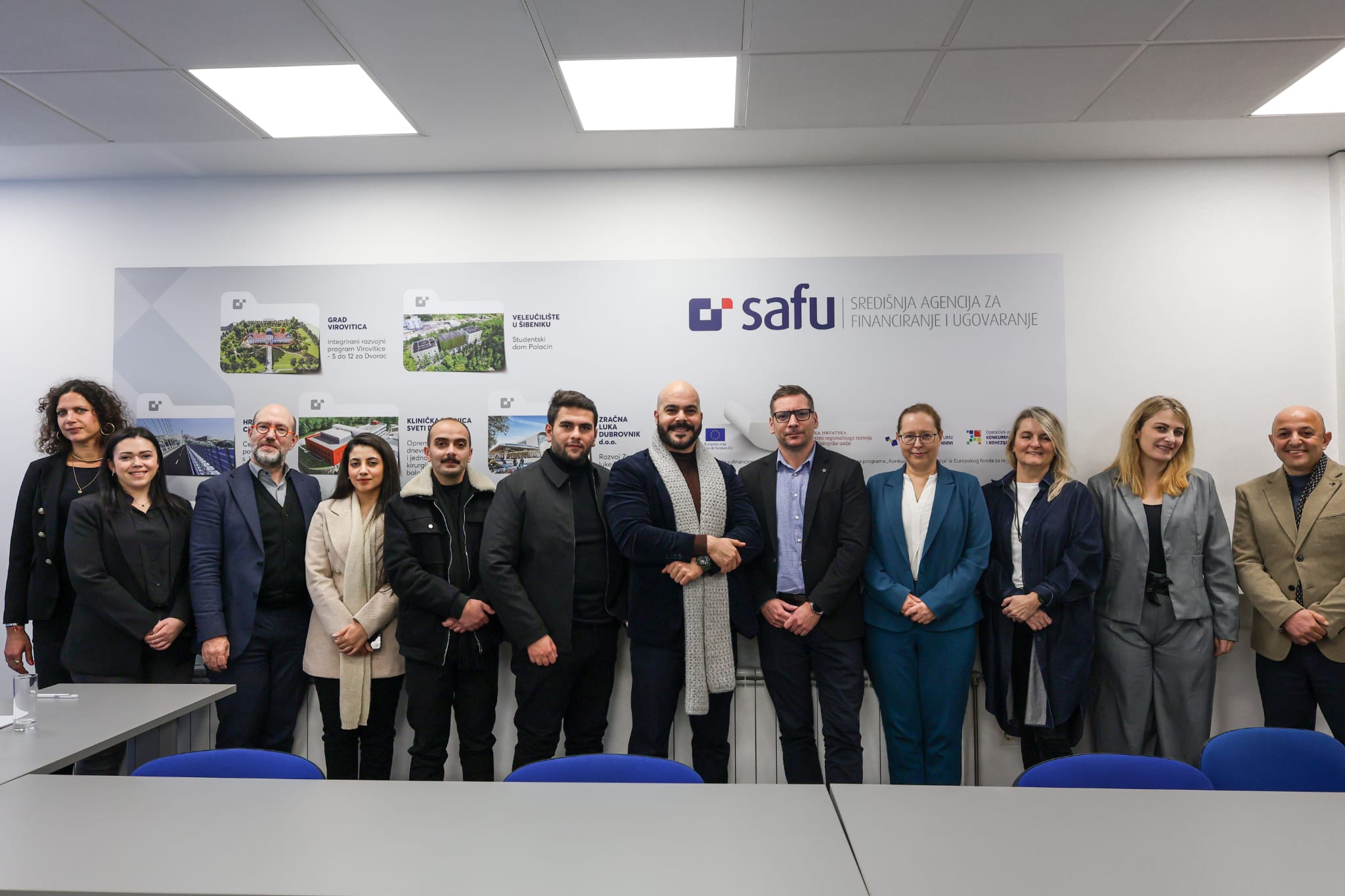Personal Data Protection Agency of the Republic of Croatia and the Republic of North Macedonia and the German Foundation for International Legal Cooperation in Skopje, on October 7, 2022, organized the Final conference where the results of the Twinning project “Support to the implementation of the Modernised Data Protection Legal Framework” were presented.
Namely, since June 2021, the Personal Data Protection Agency, in cooperation with partners from the German Foundation for International Legal Cooperation (IRZ) and the Central Finance and Contracting Agency (CFCA) has been implementing an EU project worth 700,000 euros. The aim of the project was to improve the protection of fundamental rights and the national system for the protection of personal data in the Republic of North Macedonia, in accordance with the standards of EU legislation, and to improve the work of the Personal Data Protection Agency of the Republic of North Macedonia.
With joint effort of AZOP experts and partners impressive results were achieved, thus fulfilling the purpose of the project itself – facilitating the implementation of the Law on Personal Data Protection through the development of standard operating procedures, guidelines and conducting educational activities for the Agency’s employees in North Macedonia and through the development of guidelines, guides and educational materials and holding educational activities that will facilitate compliance with the Law on Personal Data Protection for managers and processors. Thus, a total of 155 documents (instructions, guidelines, standard operating procedures, regulations, templates, etc.) were created within 67 professional missions, and 13 trainings on data protection were held for more than 2,500 data processing managers.
The level of awareness of the importance of personal data protection as a fundamental right among the general public was also raised by the project, with special emphasis on children and young people; informing citizens about their rights related to the protection of personal data and encouraging citizens to use their rights. To this end, guides and brochures have been developed that cover a wide range of topics, from the rights of respondents to online fraud.
“Projects like this make me optimistic about the future of data protection. We urgently need to step up efforts in terms of implementing data protection laws, which is possible only through close cooperation between countries. I believe that the project we are completing today will significantly contribute to such culture of cooperation,” said European Data Protection Supervisor Wojciech Wiewiórowski.
The final conference was closed with a panel discussion on the topic “Data security”, in which personal data protection experts from the Republic of Croatia, North Macedonia and Germany took part.







